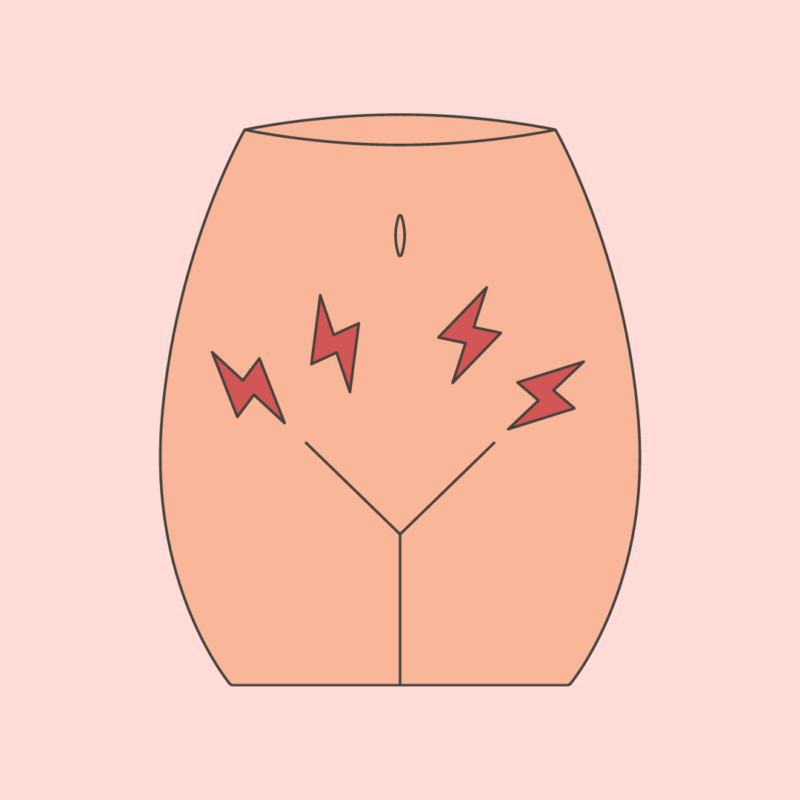
Vaginismus is the involuntary tensing or contracting of muscles around the vagina.
These unintentional muscle spasms occur when something — a penis, finger, tampon or medical instrument — attempts to penetrate the vagina. The spasms may be mildly uncomfortable or very painful.
How common is vaginismus?
Vaginismus is more common than we think (in the clinic I see 1-2 new ladies every month) but an exact statistic is difficult to gauge as many people are too embarrassed to talk about the problem.
Who might get vaginismus?
Vaginismus symptoms may appear during the late teen years or early adulthood when a person has sex for the first time. The condition can also happen the first time a person tries to insert a tampon or has a pelvic exam.
Some women develop vaginismus later in life. It can happen after years without any problems. Spasms or discomfort may occur anytime there’s vaginal penetration. Or you may have them only at certain times, such as during sex or pelvic exams.
What causes vaginismus?
Healthcare experts aren’t sure why some people experience vaginismus. It can cause physical, psychological and sexual issues. Bladder infections, UTIs and yeast infections can worsen vaginismus pain.
Factors that may contribute to vaginismus include:
- Anxiety disorders.
- Childbirth injuries, such as vaginal tears.
- Prior surgery.
- Fear of sex or negative feelings about sex, perhaps due to past sexual abuse, rape or trauma.
What are the symptoms of vaginismus?
- Discomfort or pain during vaginal penetration.
- Inability to have sex, insert a tampon or have a pelvic exam due to vaginal muscle spasms or pain.
How is vaginismus managed or treated?
Vaginismus treatments focus on reducing the reflex of your muscles that causes them to tense up. Physiotherapy is incredibly effective and works well with treatment to address anxieties or fears that contribute to vaginismus.
What are the complications of vaginismus?
Vaginismus can affect your sex life and relationships with your partner. It can affect your mental health, leading to increased anxiety. If you’re trying to become pregnant.
Last year I had a client who experienced vaginismus after the birth of her first child, it took her a long time to let her partner touch her, let alone be able to have sex. Together we resolved her issue and I was absolutely over the moon when she text me about 6 months later to tell me she was pregnant again with her second!!!!

